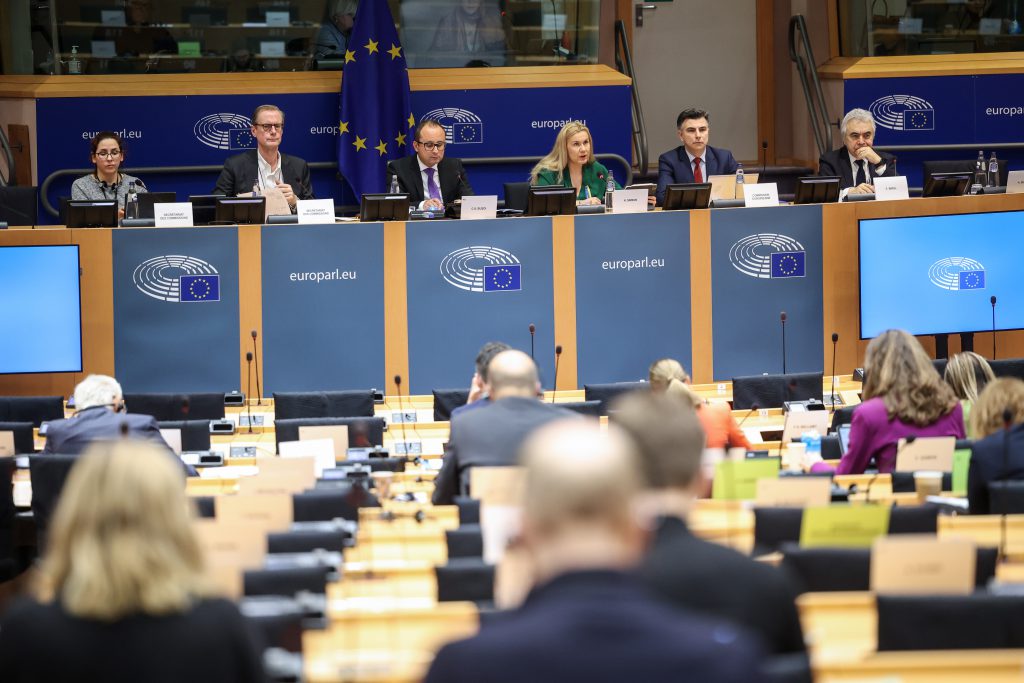Ukraine, one year on: MEPs debate the energy outlook with the Commission and IEA

In a meeting of the Industry, Research and Energy committee (ITRE), speakers took stock of the situation on the energy market one year after the start of the Russian aggression against Ukraine, and discussed future perspectives.
ITRE committee Chair Cristian Bușoi (EPP, RO) said: “it is a certainty that the world as we knew it has changed and that the weaponisation of energy by Russia already since 2021 has had enormous consequences in the world in general but in the European Union in particular.
For that reason it is important, in a context where we are having to deal with challenges to security of supply, rising energy prices and infrastructure bottlenecks, that we keep in mind that this crisis is not over. All our efforts should go to consolidate the actions already taken and ensure that our industry remains competitive.”
Energy commissioner Kadri Simson said: “One year ago the Commission presented the REPowerEU Plan to end our dependency on Russian fossil fuels and diversify our sources. We have since sanctioned coal and oil and dramatically reduced our gas imports – all the while staying the course regarding our commitments under the European Green Deal. In fact, the carbon emissions dropped in Europe by 2.5% last year, according to the International Energy Agency. Achieving this has been a joint effort – the European Parliament is an important ally in our work, which is far from done! I also want to acknowledge the millions of Europeans who demonstrated solidarity and unity by adjusting their lifestyles when Europe was hit by the gravest energy crisis in decades.”
International Energy Agency Executive Director Fatih Birol said: “Europe is to be commended for how it has weathered the energy crisis, particularly in terms of how it has reduced both its reliance on Russian energy and its emissions – while managing the social and economic impacts. But there’s no room for complacency. Securing natural gas supplies could be even more challenging next winter, and much more still needs to be done to ramp-up Europe’s clean tech industrial base.”
During the debate, MEPs highlighted the need to put more effort into energy efficiency measures, which are an important part of the EU policy mix. Several MEPs called for short term measures to bring down energy prices for households and small businesses. Others said that the effort to secure gas supplies should not dampen investment into renewables. Some MEPs also warned against the possible effects of market intervention, or against exchanging one energy dependency for another when it comes to EU’s rising LNG imports.
Background
With the Russian war against Ukraine, the collapse of gas deliveries to Europe from Russia, and the deterioration of the energy market, the EU introduced in the course of 2022 a series of emergency measures: the urgent filling of strategic reserves, the REpowerEU plan, energy-saving measures, and a temporary mechanism to limit excessive gas prices. Further measures are expected to be tabled or adopted in the coming weeks, such as a reform the European electricity market, as well as to facilitate the deployment of renewable energy.
You can watch the recording of the debate and the press conference.
